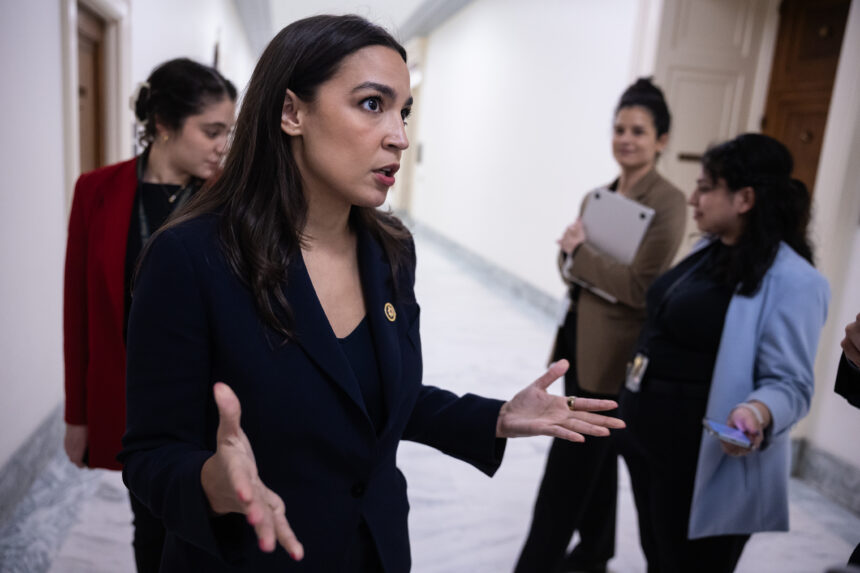Ilhan Omar (D-Minn.) has been one of the few Democrats to explicitly call for Trump to de-escalate tensions with Iran, saying in a statement that “we cannot afford another endless war.”
Overall, the Democratic Party’s response to Trump’s strikes on Iran has been muddled and lacking a clear, unified message. With no official party line and limited information about the situation, Democrats have struggled to present a cohesive argument against Trump’s actions.
However, there is a clear political opportunity for Democrats to capitalize on the public’s disapproval of Trump’s decision to bomb Iran. With a majority of Americans expressing concern over the strikes and the potential for increased Iranian threats, Democrats have a chance to gain political ground by focusing on public safety, broken campaign promises, and lack of support for the strikes.
As the situation in Iran continues to unfold, Democrats will need to find a more unified and coherent message to effectively counter Trump’s actions. With potential 2028 presidential contenders staying relatively quiet on the issue, the party will need to come together to present a strong and consistent response to the escalating tensions with Iran. Thomas Massie, a Republican from Kentucky, initially aligned himself with Democrats in an effort to block American involvement in the conflict between Israel and Iran. However, he made it clear that he would not support the measure if the ceasefire between the two countries held. This decision has left some Democrats feeling frustrated, as they believe the party should be taking a more unified stance on the issue.
Pete Giangreco, a veteran Democratic consultant, acknowledges the disarray within the party due to the absence of a Speaker and a presidential nominee. Despite the lack of clear leadership, Giangreco believes that Democrats may still come out ahead politically, regardless of their current messaging. He points out that the real story here is the internal conflict within the Republican party, with “MAGA” supporters clashing over Donald Trump’s controversial actions. Only 17 percent of Americans support Trump’s decision, leaving the Democratic response somewhat secondary in the grand scheme of things.
Giangreco emphasizes that while the Democratic party may be facing challenges in terms of messaging and unity, their position on the conflict between Israel and Iran ultimately pales in comparison to the turmoil within the Republican party. With Trump’s divisive actions causing rifts among his own supporters, Democrats may find themselves in a favorable position politically, even amidst the chaos within their own ranks.
In conclusion, while the Democratic party may be grappling with internal discord and a lack of clear leadership, their response to the conflict between Israel and Iran may ultimately take a backseat to the larger political dynamics at play. As the Republican party struggles to reconcile its own divisions, Democrats may find themselves benefiting politically from the disarray on the other side of the aisle.







